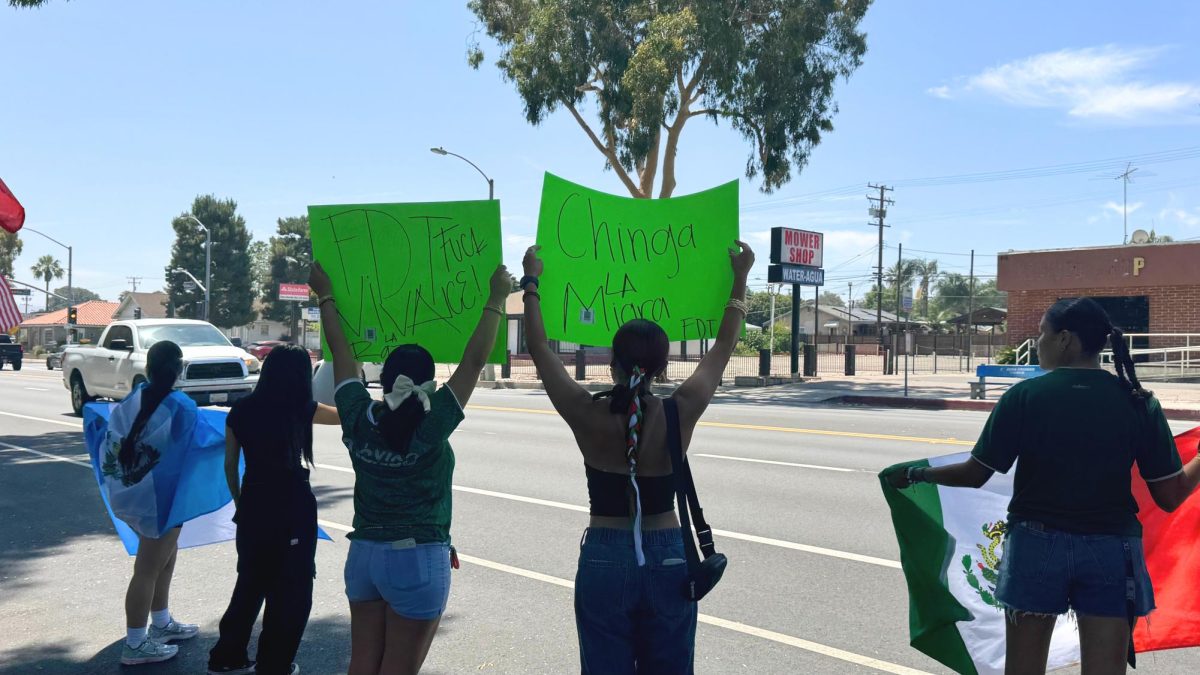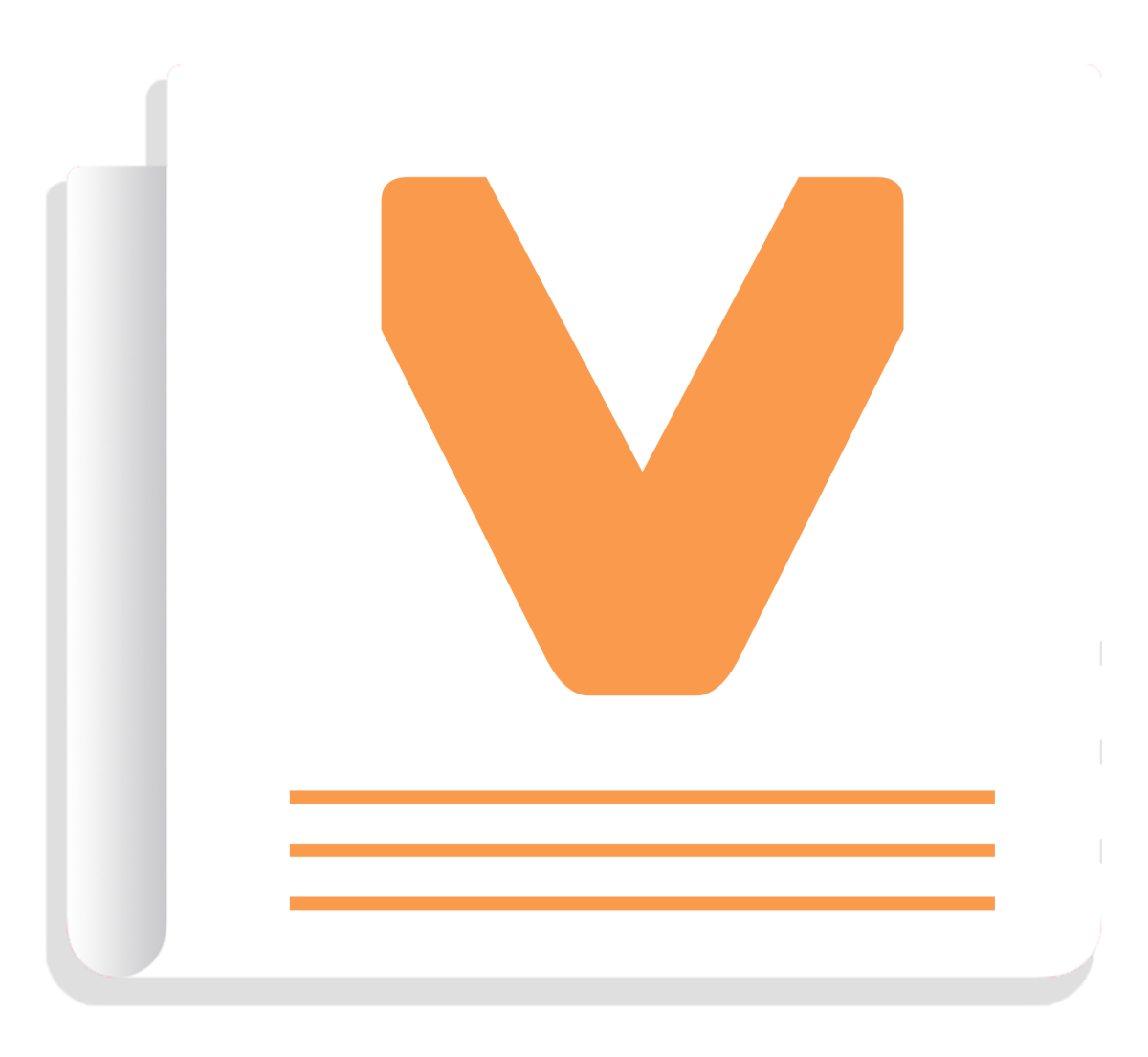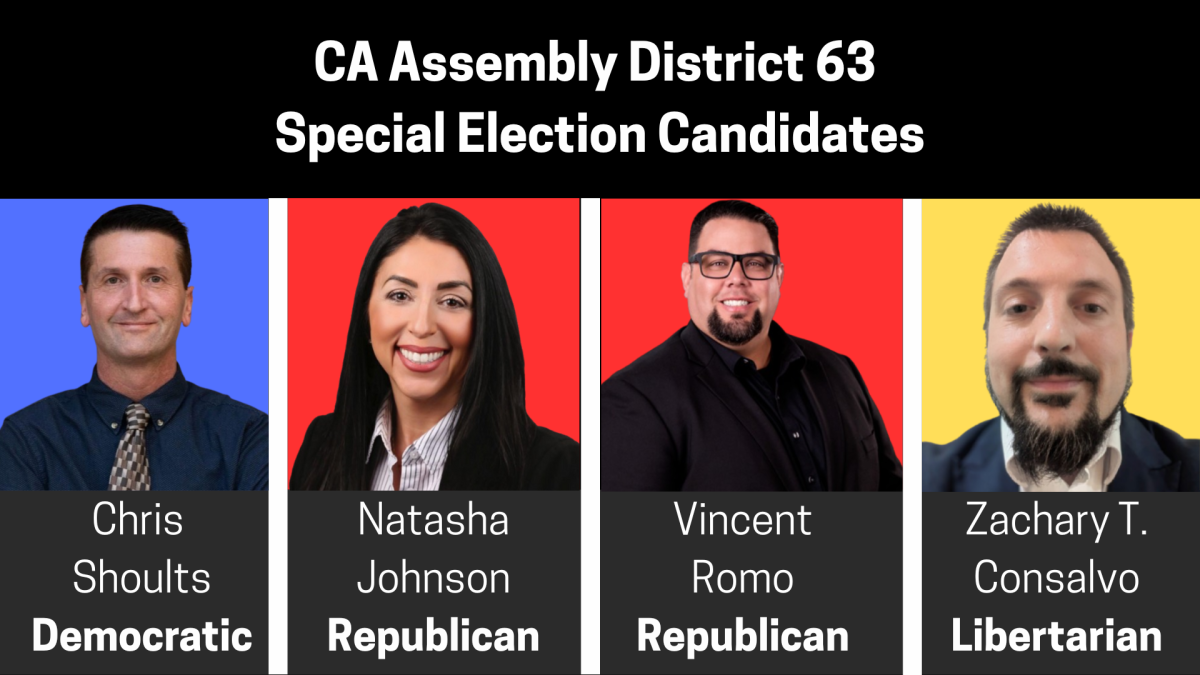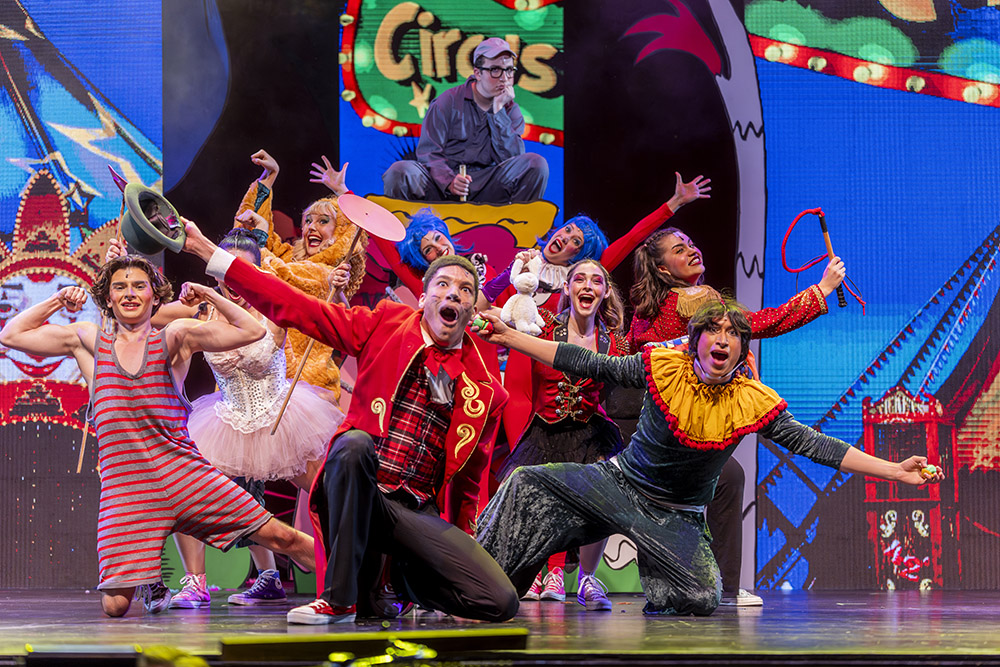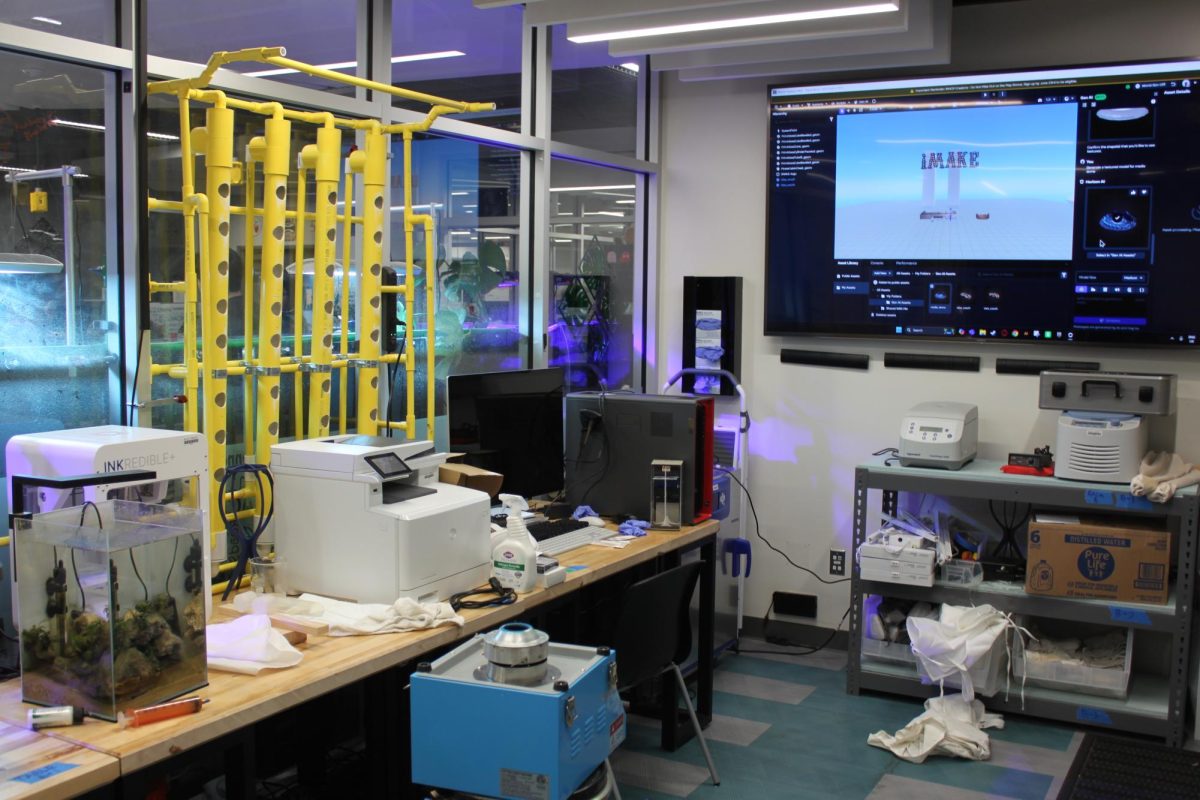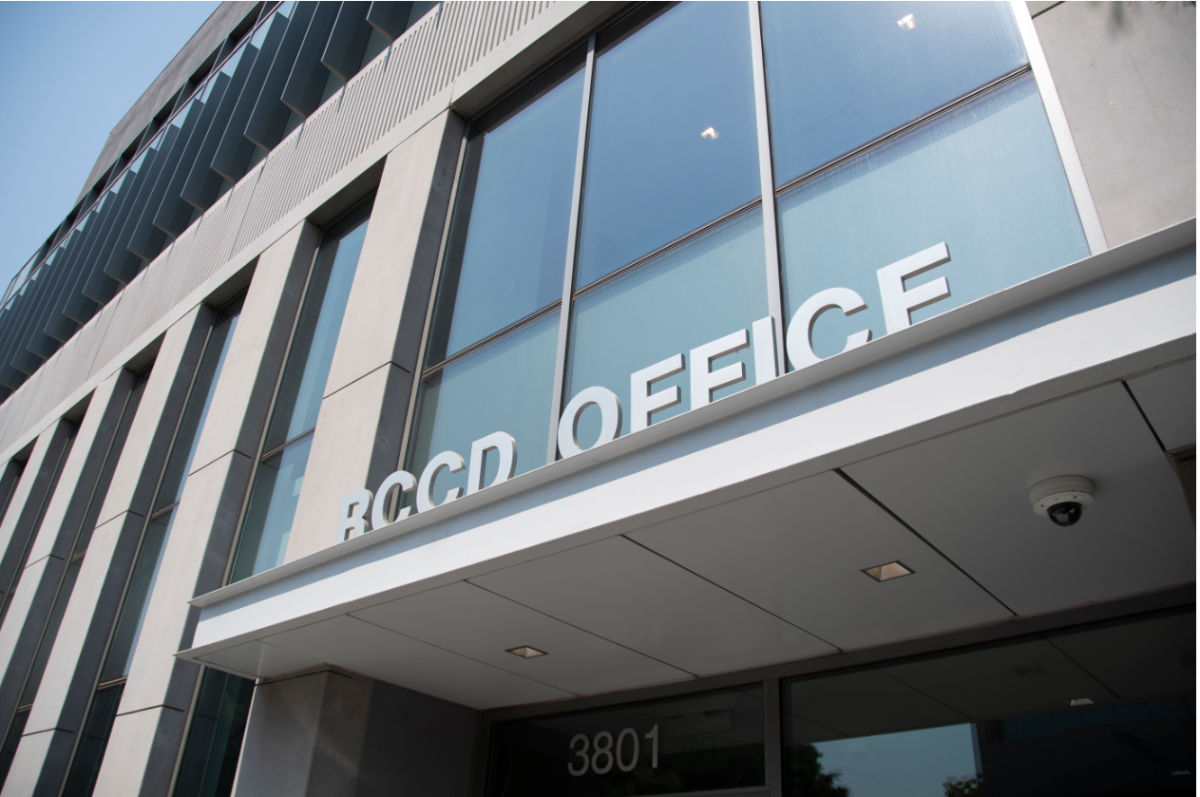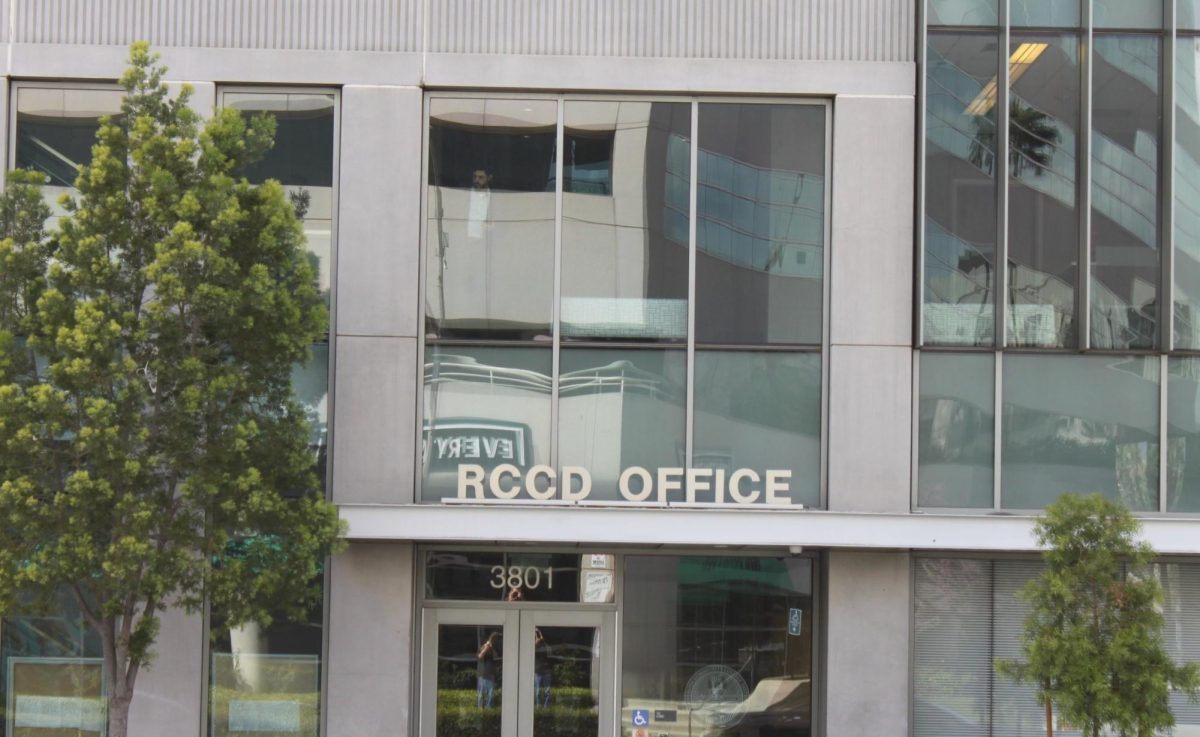By Erik Galicia
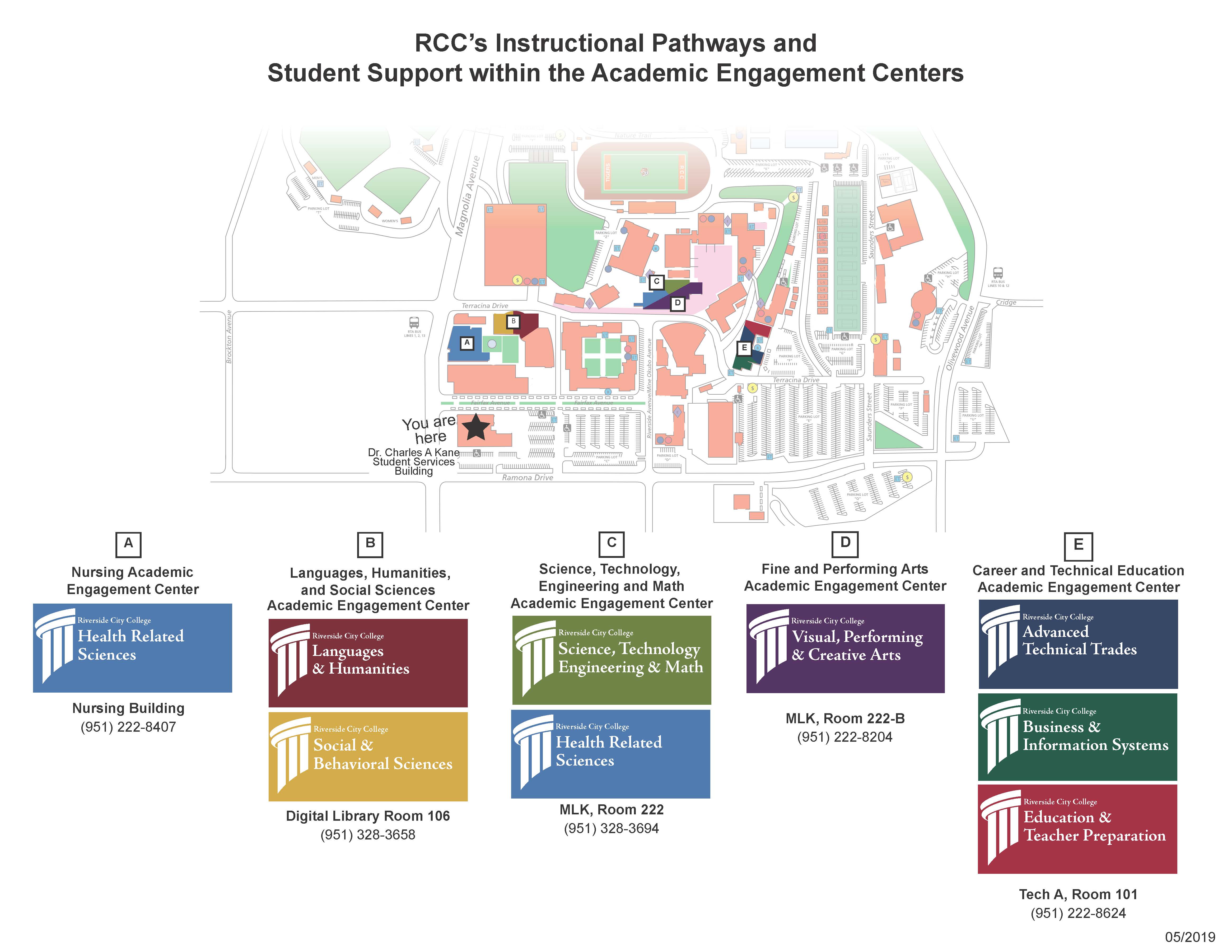
Riverside City College has added several on-campus resources to help steer students through the college’s newly designed Guided Pathways framework.
According to Wolde-Ab Isaac, the Riverside Community College District chancellor, RCC’s completion rates of past years were not up to par and showed stagnation.
“Students were given too many remedial courses that took a lot of time,” Isaac said about the AccuPlacer test’s indications that 85% of incoming students were unprepared in English and 95% were unprepared in mathematics. “They never got up to start taking college level courses. They couldn’t find the right courses. There was just a myriad of problems.”
With students spending four to six years at what is supposed to be a two year institution, the district has spent the last several years designing RCC’s version of Guided Pathways by trying to answer the question of what can be done to revitalize the college’s success rate.
“A lot of our students drop out,” said RCC counselor Monique Greene. “Why are they dropping out? How can we make them full-time? How do we restructure our classroom experience? How do we get students more engaged into our institution?”
According to Isaac, many students have come and gone without ever knowing about the services and opportunities available on campus. The district is now aiming to ensure that students “experience this support inescapably.”
“Do you know where to find tutorial services?” Greene asked. “A lot of our students don’t. So that’s part of the redesign, making sure that every student that comes in knows exactly the services that we provide them. A lot of students may be intimidated by asking for support, not knowing that that’s why we are here.”
The redesign uses nine academic clusters such as STEM, Language and Humanities and Social and Behavioral Sciences to simplify the educational paths of RCC students and allow counselors to efficiently manage large caseloads. According to Isaac, the five engagement centers and student success teams across campus intend to provide “wraparound services” to the nine disciplines and ensure that students are completely supported from beginning to end.
“There’s full supportive services in (the engagement centers),” Greene said. “(Students) can see a counselor. They have educational advisers in there that can show them resource support. They have faculty advisers that can help them with coursework. There’s workshops within the engagement centers.”
Along with faculty and educational advisers, each student success team is staffed with several discipline-specific counselors, peer mentors and tutors.
“We help students walk the pathway,” said Samantha Jaramillo, a peer mentor for the Language, Humanities and Social Sciences engagement center in room 106 of the Digital Library. “Because we are students too, we can sometimes relate more closely than a counselor who hasn’t been a student in a long time.”
According to Jaramillo, peer mentors can offer advice, guidance, and help address issues with difficult professors.
“I want to emphasize the ability to ask questions,” she said about students who may need help navigating their education. “If you’re confused about something, there’s always someone to ask.”
STEM students can find a variety of services in the MLK Building including a math center with dozens of computers, supplemental instruction, peer-led study groups as well as one-on-one tutoring.
“We can help students get counseling appointments, tutoring appointments,” said peer mentor Eric Leon. “We provide encouragement and even link students to services unrelated to STEM.”
Although the engagement centers have designated academic focuses, students are free to seek help at any engagement center regardless of their major.
“Peer mentors are meant to help first year students come in and stay on track,” said Andrea Galvez, a peer mentor in the Career and Technical Education Engagement Center located in room 101 of the Tech A Building. “But we can help any student. This is a space where students can just come hang out. They can use our computers during registration. Right now a lot of cosmetology students have been coming in with questions.”
In order to help push students into higher level mathematics, RCC created the Mat-23 course, which combines trigonometry, precalculus and a required supplemental laboratory into one semester. Ernesto Reyes is the only instructor teaching the course, which is in its pilot semester.
“In the past, students had to go through math 35, geometry, trigonometry and finally (precalculus),” Reyes said. “When this course was put together, it was designed to be an accelerated math course that bypasses all the steps and prepares students for (calculus).”
While he admits that some students are struggling, Reyes reports that many students are completing their assignments and seeing “the reflection of their investments.” He explained that the supplemental laboratory component of the course involves “hands on activities.”
“This is meant to make math more relevant and help students understand that in math, all ideas are connected to one another,” Reyes said. “After this first semester pilot, we will revise and plan out how to better the course.”
The administration is looking for feedback from students on the college’s new developments and has posted an online survey that can be found at www.surveymonkey.com/r/RCC_Guided_Pathways. Students who participate can enter a drawing and possibly win 10 $100 bookstore gift cards.
Students can find academic engagement center maps on RCC’s website or pick up hard copies in the Charles A. Kane Student Services Building.


